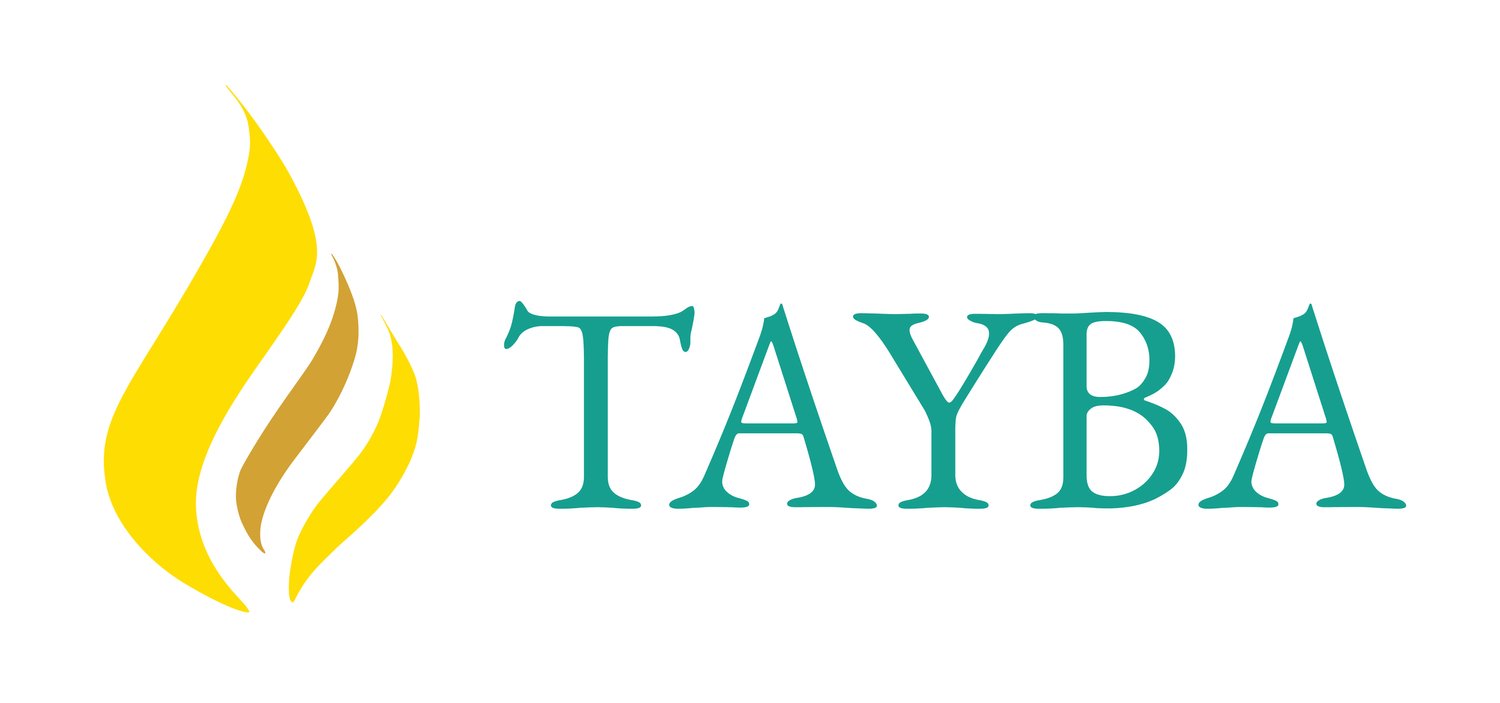Abdul Khabeer - He translated the entire Quran in prison
In his infancy, Abdul Khabeer's mother put Drano in his baby formula & was sent to a mental institution. He was separated from his father at 10, making rounds in the foster care system.
By 11, he committed his first crime. By 17, he entered prison. And at 19, he was given a 27 year sentence for armed robbery.
He was introduced to Islam by reading Alex Haley's "The Autobiography of Malcolm X" and took his shahada alone, before meeting other Muslims, but it was the prison sentence that inspired his change.
Abdul Khabeer blamed himself for where he ended up and knew that he had to change for the better. He firmly committed himself to Islam and made the decision to no longer spend time with those who were a bad influence on him.
But it wasn't that easy. Abdul Khabeer's prison was one of the most violent in the country:
The challenge every day was to get back to your cell alive," he told us. "We worked out a lot, not just to defend ourselves, but also to bulk up enough to take a stabbing from a fellow prisoner or a gunshot from a guard."
So the entirety of his 22 years in prison, Abdul Khabeer's life was in danger every day. But this constant stress didn't stop him from taking advantage of the opportunities presented to him - or creating opportunities of his own.
While on trial for his criminal case, Abdul Khabeer represented himself. Despite not having any background in law, he learned a thing or two about the legal system. This came in handy in prison:
I worked as an inmate clerk in the prison library," he said, "but I also had a 'side hustle'. I would prepare writs of habeas corpus for men who had no appellate attorney to represent them and charge them for the legal work I performed. I then used that money to buy Islamic books."
Amongst the many books Abdul Khabeer purchased for himself and his Muslim community were books on the Arabic language and tafseer (explanation) of the Qur'an. He fell head over heels with the language and through it, the Holy Book.
One of his early teachers had him doing word-by-word translations of some of the verses of the Qur'an. Abdul Khabeer thought it would be interesting to translate all of it that way... and he did. Over the many years he had left in his prison system, he worked diligently on this project, verse by verse.
By the end, he also appended a simple guide to Arabic grammar: something that could be understood by the prisoners who struggled with more advanced texts.
When he approached the prison imam with the desire to publish his work, the imam connected him with Tayba Foundation. For Abdul Khabeer, this was an entirely new chapter in his life.
Before Tayba, my approach to Islamic studies was like that of a young man who's studying various subjects and yet doesn't know elementary, middle, and high schools exist," he told us. "I was studying things at random, not aware that Muslims have developed a system of learning that relies on the most authoritative scholars. This is what Tayba opened up for me."
Abdul Khabeer became intent on pursuing the path of Islamic scholarship. He continued his reading, but he also covered a number of texts through Tayba Foundation. It also simply felt good to be part of an academic program - and be in touch with Muslims on the outside.
"The Christians are very active in the prison community," Abdul Khabeer recollects. "But in my 22 years in prison, no one from the Muslim community reached out to us except Tayba Foundation."
It was Tayba too that supported him as his parole came through.
I have the entire Tayba staff on speed dial," Abdul Khabeer laughed. "Anything I need: financial assistance, an answer to a question, anything else – all I have to do is ask."
Abdul Khabeer rejoined free society in June of 2019. He's working on getting his truck driver license and is looking forward to spending more time with his family, being active in his Muslim community, and working and volunteering for Tayba. He's also finally finalizing his plans to publish his Qur'an translation.
We asked him if he had any final comments to make to Tayba supporters. His response?
I want to ask them two questions:
1) If you could cure cancer, would you?
2) If you could cure ignorance, would you?
Tayba's doing the latter - I know this from experience. There's far more need out there than what Tayba can provide - we need to clone it to make two Taybas - or 10!"

